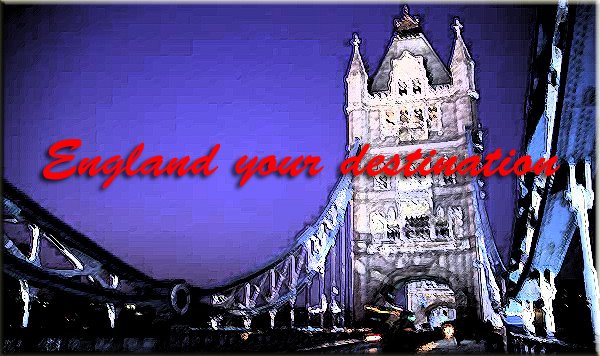
Liverpool is a city and metropolitan borough of Merseyside, England, along the eastern side of the Mersey Estuary. It was founded as a borough in 1207 and was granted city status in 1880. Liverpool has a population of 435,500, and lies at the centre of the wider Liverpool Urban Area, which has a population of 816,216.
Historically a part of Lancashire, the urbanisation and expansion of Liverpool were broadly brought about by the city's status as a major port. By the 18th century, trade from the West Indies, Ireland and mainland Europe coupled with close links with the Atlantic Slave Trade furthered the economic expansion of Liverpool. By the early 19th century, 40% of the world's trade passed through Liverpool's docks, contributing to Liverpool's rise as a major city. Inhabitants of Liverpool are referred to as Liverpudlians but are also known as "Scousers" , in reference to the local meal known as 'scouse', a form of stew. The word scouse has also become synonymous with the Liverpool accent and dialect. Liverpool's status as a port city has contributed to Liverpool's diverse population, which draws from a wide range of peoples, cultures, and religions, particularly those from Ireland.
The popularity of The Beatles and the other groups from the Merseybeat era contributes to Liverpool as a tourist destination - a significant part of the city's modern economy. In 2007 the city celebrated its 800th anniversary, and in 2008 it holds the European Capital of Culture title together with Stavanger, Norway.




